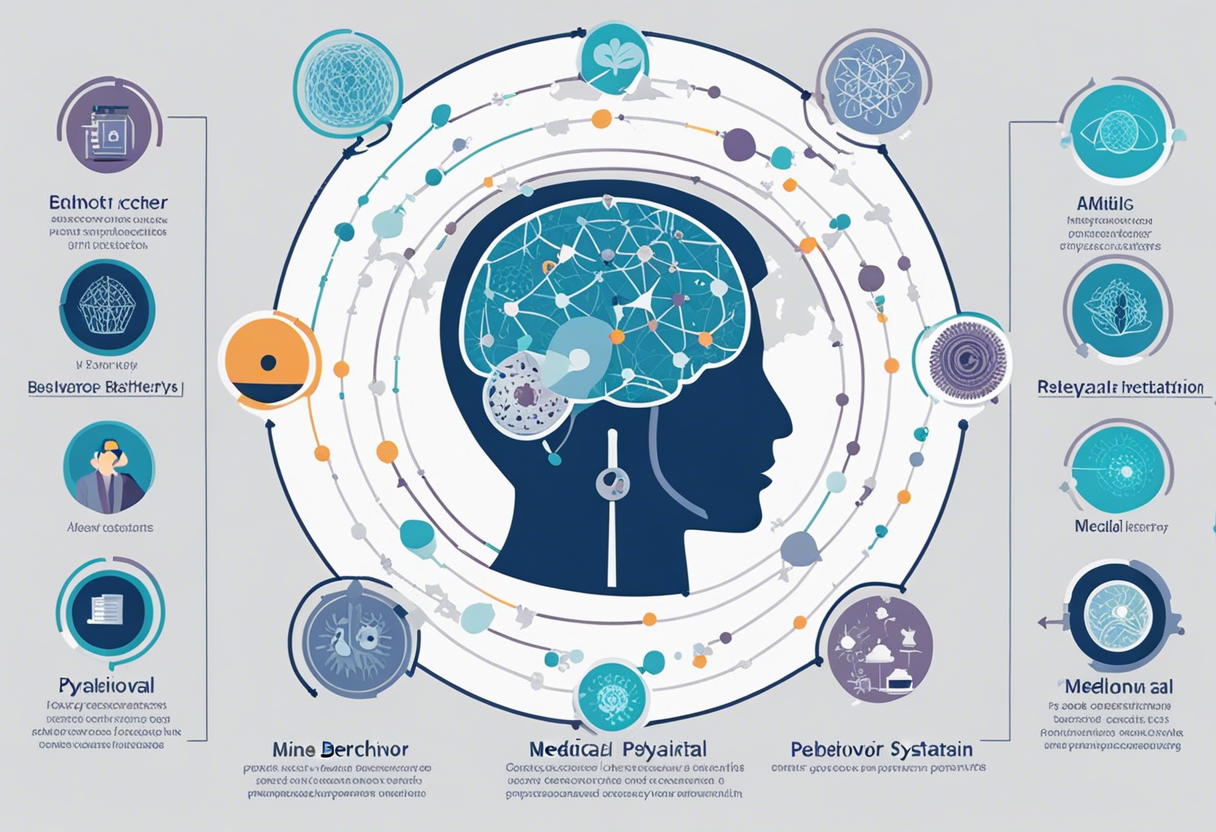Delving into Mind Mysteries: Top 5 Guide to the Intriguing World of Psychiatry
The Intricacies of Behaviour

In psychiatry, behavior serves as a powerful telescope transporting psychiatrists into the depths of the human psyche. By analyzing patterns of behavior, medical professionals can gain valuable insights into the cognitive functions of the mind, thus aiding them in diagnosing and treating mental health conditions.
Behavior branches into various forms such as cognitive behavior, social behavior, and aggressive behavior, to name a few. Understanding these intricate behavioral patterns enables psychiatrists to differentiate between normal and abnormal patterns, which is essential in diagnosing disorders like autism spectrum disorder, attention deficit hyperactivity disorder (ADHD), and obsessive-compulsive disorder (OCD).
For instance, a cognitive-behavioral therapist might help a depressed patient identify negative thought patterns and engage in healthier behaviors, while a psychiatrist working with ADHD patients might develop behavior modification techniques to help manage symptoms.
The Enigma of Consciousness

Consciousness: a miraculous aspect of human cognition that is often taken for granted. Yet, in psychiatry, it transcends beyond being a mere thought processing mechanism to serve as a reliable indicator of mental health.
Consciousness, or the awareness of one's thoughts, feelings, and surroundings, is a complex construct. It's an amalgamation of wakefulness (being awake and responsive to the environment) and awareness (the perception and understanding of one's experiences). In psychiatry, understanding consciousness is instrumental for assessing and diagnosing a range of conditions, from sleep disorders to severe mental health disorders such as schizophrenia and major depression.
Consciousness in psychiatry also throws light on patients' self-perception and their awareness of their disease. Termed as insight, it is significant for diagnosing conditions like schizophrenia, dementia or delirium, and is crucial for determining the course of treatment and predicting the patient's adherence to therapeutic interventions.
Powered by Froala Editor